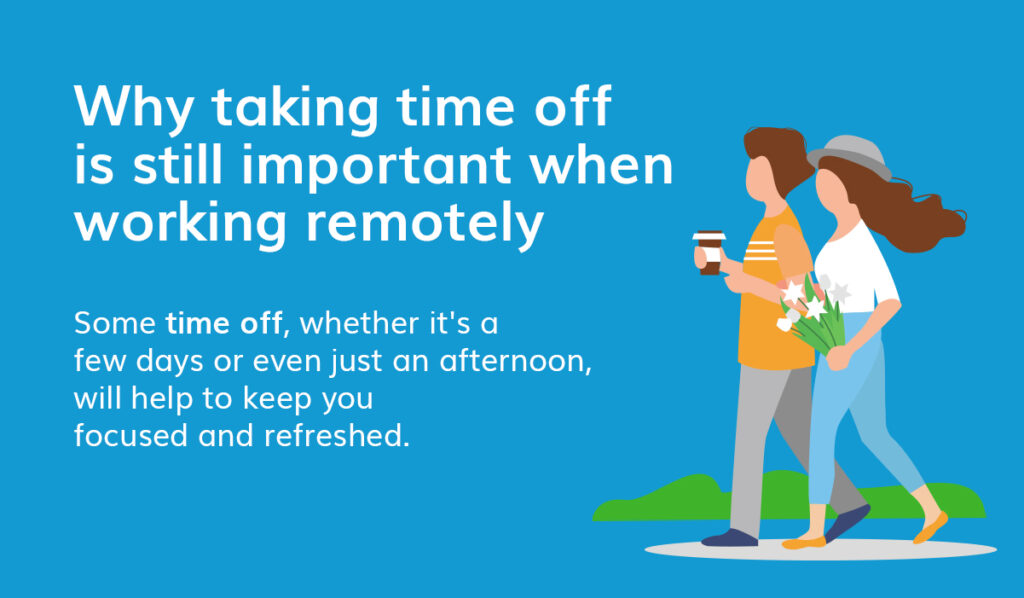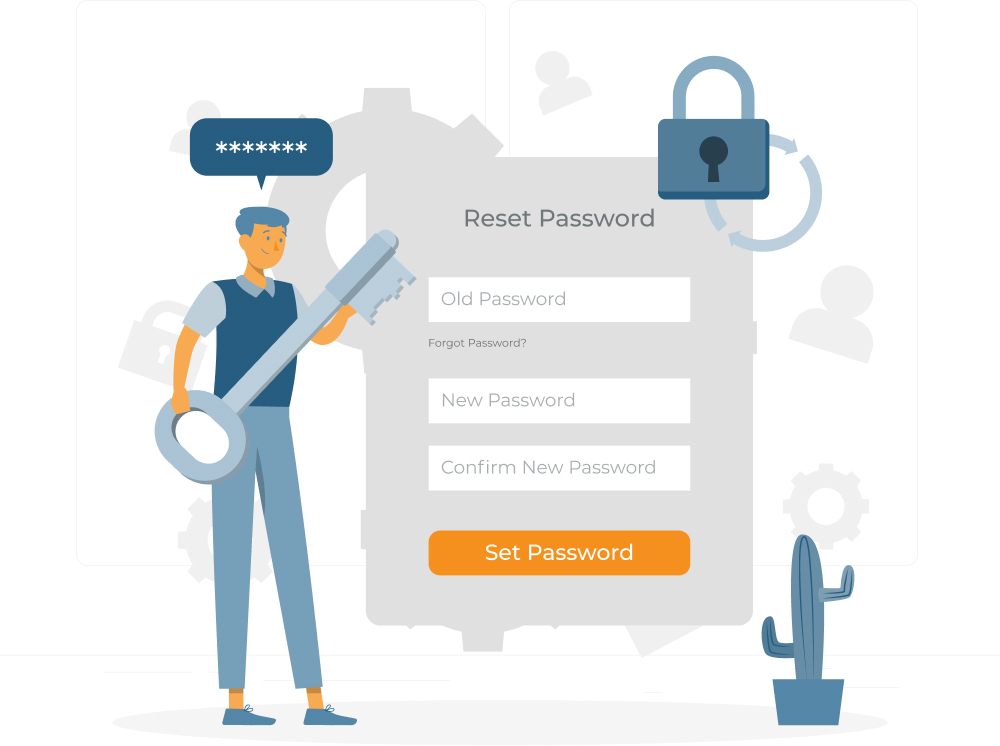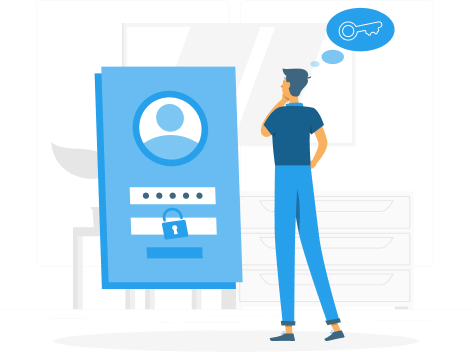Flexibility
Many of us are working remotely, and have been for a while. Usually, the possibility of working remotely is a welcome perk in our jobs as it offers flexibility and does away with any micro-managing. In this case though, flexibility can be a bit of a double-edged sword. Possibly because ‘flexibility’ isn’t all that when you have to be flexible because of circumstance. We’re working, we’re parenting, we’re schooling, we’re sorting out tech issues, we’re learning new techniques, we’re managing teams… that’s a lot of flexibility required and it can be exhausting! It’s precisely because of this that time off work is extremely important even though we’re not going anywhere.
 Longer Workdays
Longer Workdays
Yet studies are showing that employees are not taking as much time off as they used to or need to. This could be down to the insecurity of living through unprecedented times and fear of the unknown. Employees may be feeling the need to prove themselves more than before because so many have lost their jobs. Some may feel that they want to show that they are invaluable; others that they are trustworthy and are productive whilst working remotely; others still that they are resilient and loyal in difficult times. What better way to show this than to put their head down, roll up their sleeves and work, work, work? Research by the National Bureau of Economic Research shows that the workday has increased by 48 minutes and meetings are up by about 13%, highlighting the need to take a break.
The Signs
It’s no news that overworking equals decreased productivity. However, when working remotely it may be harder to realise that you are actually overworking. Do you really need to take time off when you are working surrounded by the comforts of our home? The lines between work and home are blurred. Try to be more self-aware and recognise the signs that show it’s time to slow down. Insomnia is an easy one to spot. Ironically, when we are exhausted, we become restless and find it harder to get a good night’s sleep. Other less obvious signs are decreased concentration – are you making more mistakes at work? Also, if certain things are irritating you more than usual or your motivation is dwindling, then you may well be maxed out and Yes, you really do need to take time off.
Think like an Athlete
Athletes believe that recovery is key to peak performance. Rest helps to improve overall health, make fewer errors and improves accuracy, and is as important as the training itself. The same goes for work. So once you establish that you do need a break, ask for it. Good employers will be understanding and good employees will not take advantage. You think it may seem selfish to ask for a day off during a global pandemic when your absence will be felt, but it is for the greater good! Of course, choose your days wisely and think of other team members so as to cause as little disruption as possible. At the end of the day, an exhausted and burnt-out player cannot support the team, so look at the bigger picture.
Unplug
So now that you have some time off be sure to switch off, both figuratively and literally. Technology and social media have permeated all aspects of our life and screen time has increased enormously over the past year. Stay off the screen as much as possible and give your eyes, body and mind a break. Go for walks or to the beach, enjoy the beautiful weather we are having. Spend time with your family. Take the opportunity to focus on one thing at a time without the need to be flexible or having to bend over backwards to meet everyone’s needs. Quite simply, take the time to do whatever makes you feel good – you definitely return to your (home) desk with renewed energy and ready to get back to work. Easter’s coming up in a few days, so why not seize the moment and fill in that leave form!

